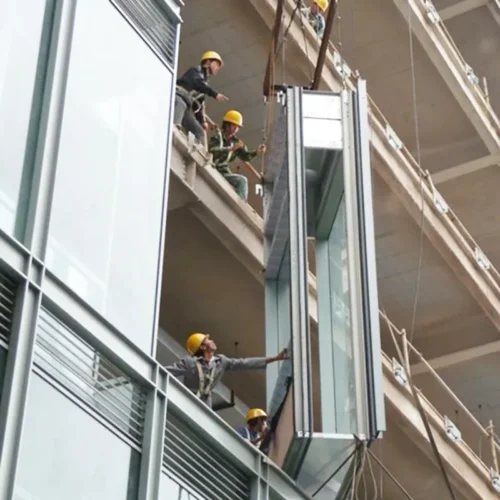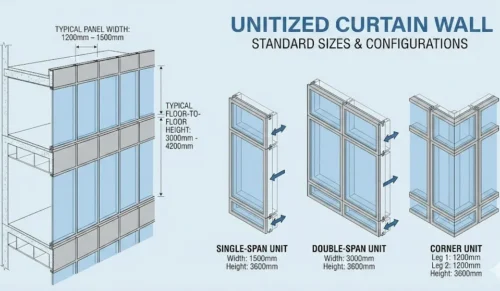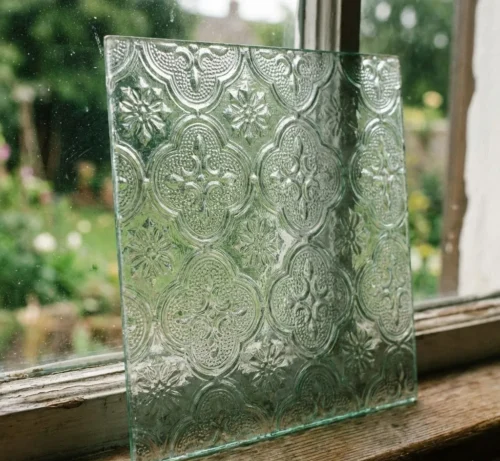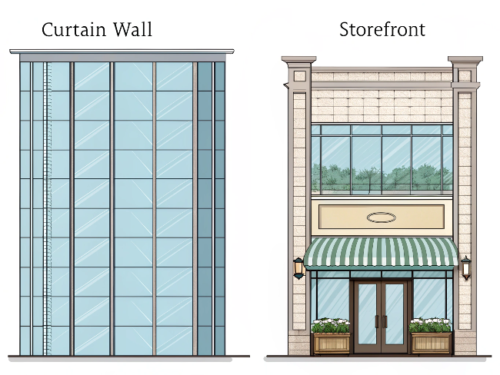Whether you’re replacing a faulty hinge, customizing a new door, or simply trying to describe an issue to a contractor, knowing the names of aluminium door parts makes the process smoother and faster.
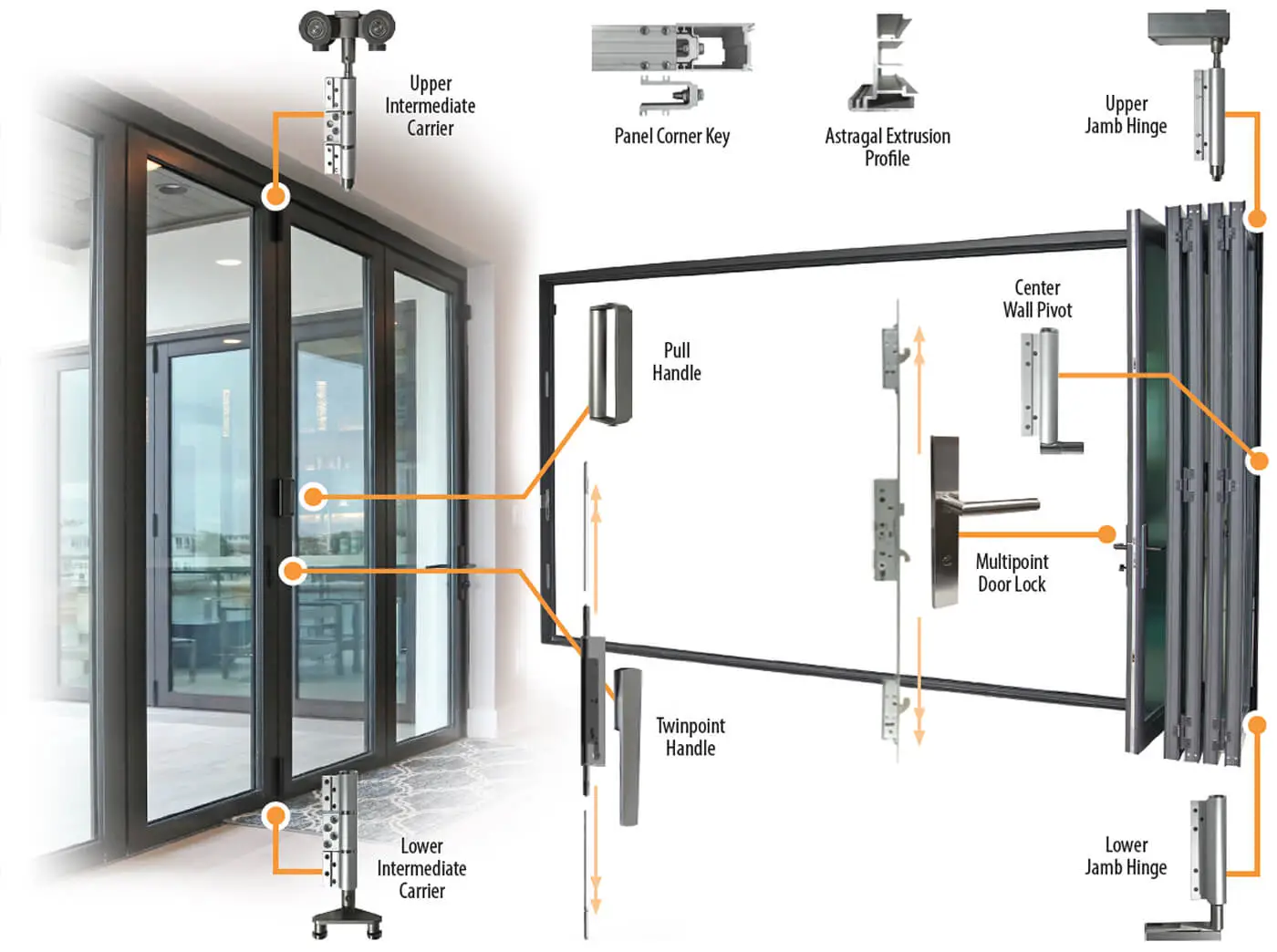
It helps you make more informed decisions when purchasing or maintaining your door system.
In this guide, we’ll walk you through every essential component so you can confidently understand, choose, and communicate about your aluminium doors.
Main Structural Parts of an Aluminium Door
When you look at an aluminium door, you’re seeing more than just a sleek surface—it’s a smart system made of well-designed structural parts.
Knowing these parts helps whether you’re installing, replacing, or just maintaining your door. Let’s break them down:
Frame
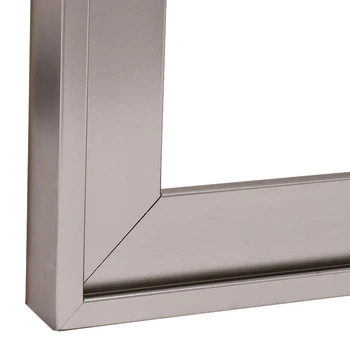
This is the backbone of the door system. The aluminium frame supports and holds everything in place, providing strength and stability to both the wall and the door panel.
Side Jambs
These are the vertical parts of the frame where the hinges or sliding tracks are usually mounted. They help anchor the door to the wall securely.
Head Jamb

Sitting at the top of the frame, the head jamb is the horizontal part that caps the door opening. It ensures a snug fit and helps with alignment.
Sill / Threshold

This is the bottom portion of the door frame, designed to handle foot traffic and often includes a sloped threshold cap to shed water and improve insulation.
Panel (or Slab)

This is the actual moving part of the door—the part you open and close. Panels may be solid aluminium, glazed with glass, or a mix of both depending on the door design.
Stiles and Rails

The stiles are the vertical sections on each edge of the panel, while the rails are the horizontal parts—top, middle, and bottom. Together, they create structure and style.
Mullion

If your aluminium door is part of a double-door setup or includes a sidelight, the mullion is the vertical piece separating the sections. It adds support and enhances symmetry.
Common Hardware & Functional Components
When it comes to how your aluminium door works, it’s the small parts that make a big difference.
These essential components are what let your door open, close, and lock smoothly. Let’s take a closer look at the key hardware and functional parts you’ll often find on an aluminium door:
Hinges
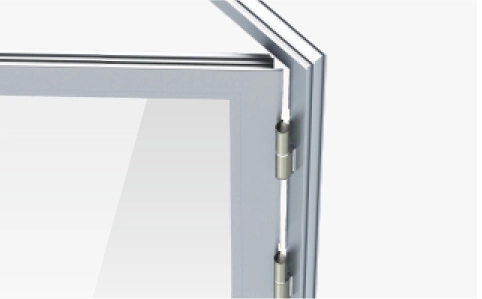
Hinges connect the door panel to the frame, allowing it to swing open and shut. Depending on the design, you might use standard hinges, 3D adjustable hinges for precision, sleek pivot hinges, or even concealed hinges for a minimal look.
Handles / Knobs / Levers

These are what you grab to operate the door. Whether you prefer a classic knob, a sleek lever, or a statement handle, they come in various materials and styles to match your door’s design.
Lockset

A lockset is more than just a lock—it includes the latch, key cylinder, strike plate, and sometimes a deadbolt or mortise lock. It’s the full system that keeps your door secure.
Multi-point Lock

Found often on high-security or large aluminium doors, this system locks at multiple points (top, middle, and bottom) along the door frame for added protection and tighter sealing.
Latch

The latch is a small spring-loaded bolt that holds the door shut when it’s closed. It retracts when you turn the handle and clicks back into place when the door shuts.
Bore Hole
This is the pre-cut hole in the door panel made specifically for installing the lockset and handle. It’s usually standard-sized but must align precisely with your lock system.
Thumb Turn
A thumb turn is the interior part of a deadbolt that lets you lock or unlock the door without a key—just twist and go. It’s a simple but vital part for ease and safety.
Weather Protection & Energy-Efficient Add-Ons

If you want your aluminium door to keep your home comfortable and efficient all year round, these parts play a huge role. They help seal gaps, block drafts, and boost insulation—perfect for both hot summers and chilly winters.
Weatherstripping
This flexible strip lines the edges of the door panel and frame, creating a tight seal when the door is closed. It helps prevent air leaks, dust, and even noise from sneaking through.
Door Sweep
Fitted along the bottom of the door, this long strip blocks cold air, rain, and insects from entering under the gap. It’s especially important for exterior aluminium doors.
Glazing / Insulated Glass
The glass in your aluminium door can be clear, frosted, tinted, laminated, or double-glazed. These options improve energy efficiency, enhance privacy, and reduce UV exposure while letting in natural light.
Astragal
On double aluminium doors, an astragal is the vertical piece that seals the gap between the two door panels. It prevents air and water infiltration and often includes integrated weatherstripping.
Transom
This is the horizontal window above the door, designed to bring in extra light and fresh air. While not required, it’s a beautiful and practical addition that enhances ventilation and natural lighting.
Optional Accessories for Function or Security
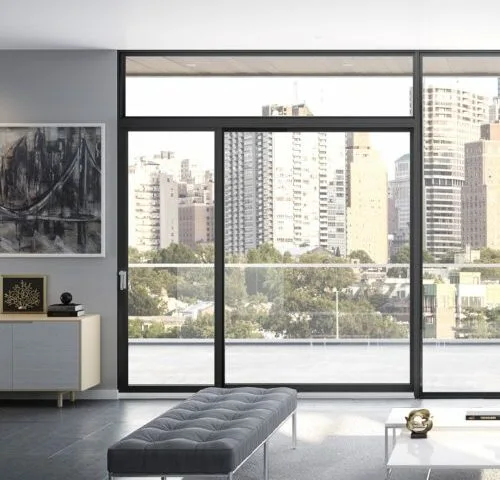
Want to upgrade your aluminium door? Consider smart locks or keypads for convenient, keyless entry. Add door chains, bolts, or reinforced plates for extra safety.
Sensors and alarms offer modern protection, while insect screens are a must for sliding aluminium patio doors, letting fresh air in while keeping bugs out.
FAQs About Aluminium Door Parts
1. What is the difference between a door jamb and a door frame?
A door frame includes all sides of the doorway; jambs are just the vertical parts on each side.
2. What’s the purpose of an astragal on aluminium doors?
An astragal seals the space between double doors, preventing drafts, water, and light from passing through.
3. Can aluminium doors use regular hinges and locks?
Not always—aluminium doors typically require specially designed stainless steel or 3D hinges and multi-point locking systems for best performance.
4. How often should I replace weatherstripping?
Inspect yearly and replace every 2–3 years or when it shows wear, to maintain sealing and energy efficiency.
5. Are sliding door rollers replaceable?
Yes, worn or stuck rollers can be swapped out to restore smooth operation—just make sure the replacement matches your door’s model.
Conclusion
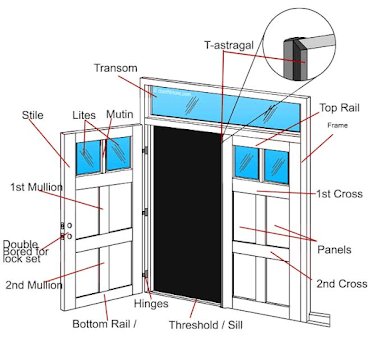
Understanding the names and functions of aluminium door parts helps you make smarter repair, upgrade, and purchase decisions. Whether it’s the frame, panel, or hardware, each part plays a key role in performance and durability.
Need help choosing or replacing aluminium door parts? Reach out to our team for expert advice and product recommendations tailored to your project.


